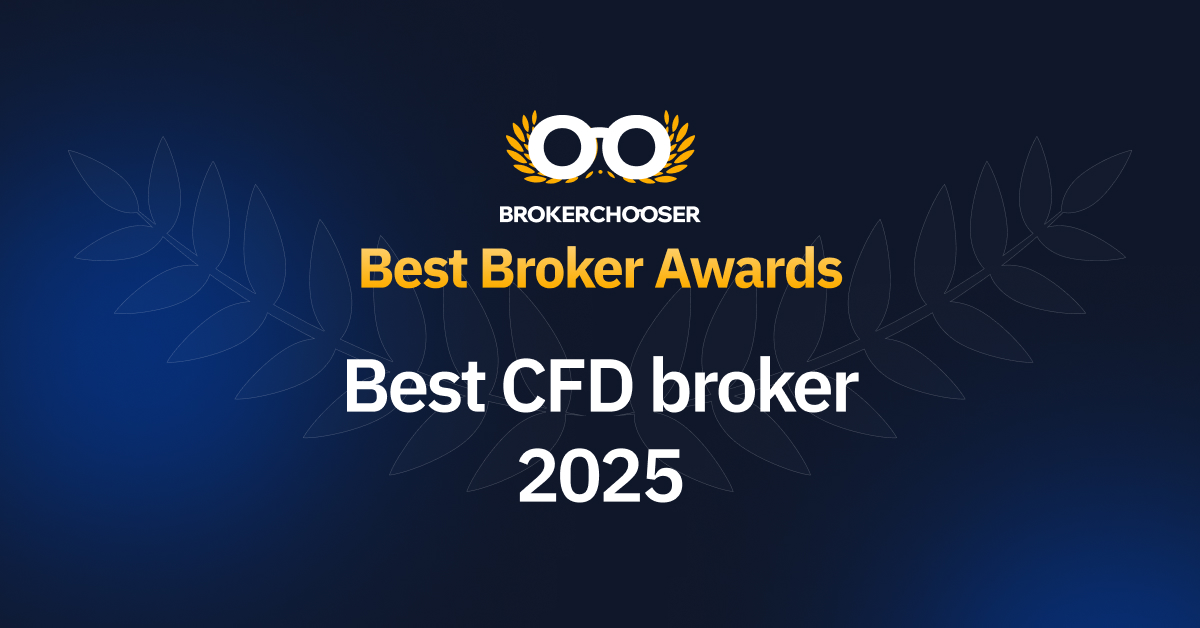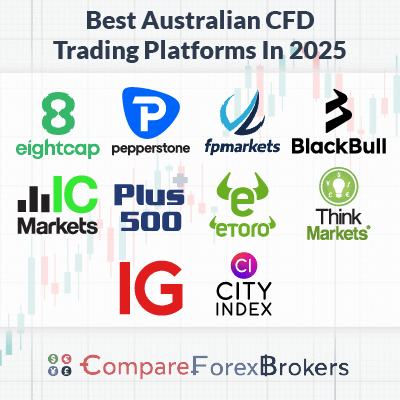
In the ever-evolving landscape of financial trading, Contract for Difference (CFD) trading has gained immense popularity among investors seeking to capitalize on market movements without owning the underlying assets. The best cfd trading markets bestbrokercfd.com provides essential insights into CFD brokers and can help you navigate these waters effectively. In this article, we will explore the best CFD trading markets available in 2023, offering valuable insights into their features, potential returns, and overall appeal.
CFDs are derivatives that allow traders to speculate on the price movements of various financial assets without owning the actual asset itself. This trading method offers several advantages, including leverage, the ability to go long or short, and access to a wide range of markets. However, it also comes with risks that need to be managed carefully. The allure of CFDs lies in the potential for significant profits and the flexibility they provide in terms of trading strategies.
The foreign exchange (Forex) market is the largest and most liquid trading market in the world. It operates 24 hours a day and involves the trading of currency pairs. CFDs in Forex allow traders to capitalize on fluctuations in currency values. Major currency pairs such as EUR/USD, GBP/USD, and USD/JPY are popular choices. The high volatility and liquidity of the Forex market provide ample opportunities for both short-term and long-term traders.
CFDs on stocks allow investors to trade on the price movements of individual shares without taking ownership. This market is particularly appealing due to its transparency and abundance of information available to traders. Popular stocks from major indices (like the S&P 500, NASDAQ, and FTSE 100) serve as excellent choices for CFD trading, offering opportunities for diversification and potential profits from company performances.
Commodities such as gold, oil, and agricultural products present significant opportunities for CFD traders. The commodity market is influenced by various factors including geopolitical events, weather conditions, and changes in supply and demand. Trading CFDs on commodities provides a way to hedge against inflation and is attractive during times of economic uncertainty as physical assets can retain value.
Indices, which represent a collection of stocks from a specific sector or market, are popular assets for CFD traders. Major indices like the Dow Jones, S&P 500, and FTSE 100 allow traders to invest in the overall performance of the market without having to trade each stock individually. Trading CFDs on indices can produce strong returns, especially during volatile market conditions.
The cryptocurrency market has exploded in popularity over recent years. CFDs on cryptocurrencies like Bitcoin, Ethereum, and Litecoin allow traders to speculate on the price movements of these digital assets without the need for wallets or storage. Given the volatility and the growing acceptance of cryptocurrencies, this market offers a unique opportunity for high-risk, high-reward trading.

With multiple markets available for CFD trading, selecting the right one involves careful consideration of several factors:
Understanding the volatility of the market you wish to trade in is crucial. Highly volatile markets can offer greater profit potential but also come with increased risk. Traders should align their risk tolerance with the volatility of the market.
Liquidity refers to how easily an asset can be bought or sold in the market without affecting its price. A more liquid market can lead to better pricing and execution of trades, making it essential to consider when selecting a CFD trading market.
Different markets are influenced by various economic indicators and news events. Understanding how these factors affect your chosen market can provide insight into potential future movements and assist in creating effective trading strategies.
CFD markets operate at different hours depending on the asset. Forex markets are open 24/5, while stock markets may have specific opening and closing times. Consider whether you can trade during these hours according to your personal schedule.
Ultimately, one of the best ways to choose a CFD market is to align it with your personal interests and expertise. Traders who are familiar with a particular industry or commodity may find it easier to analyze market trends and make informed decisions.
To effectively trade in the best CFD markets, selecting a reliable CFD broker is essential. Look for brokers that offer competitive spreads, a user-friendly trading platform, strong customer support, and educational resources. Utilizing resources from websites like bestbrokercfd.com can significantly aid in your broker selection process.
CFD trading offers diverse opportunities across various markets, from Forex and stocks to commodities and cryptocurrencies. As a trader, it is essential to understand the dynamics of each market, assess your risk tolerance, and equip yourself with knowledge. By choosing the right CFD trading market and broker, you can effectively navigate the complexities of trading and position yourself for success in 2023 and beyond.